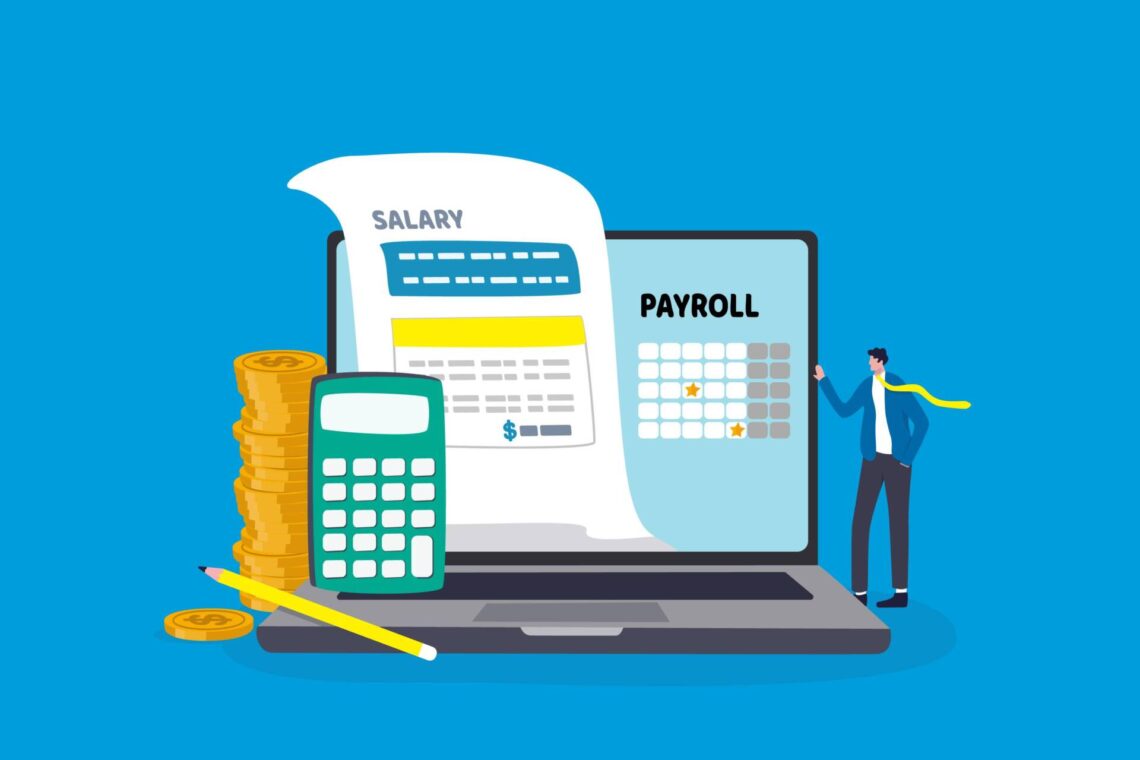Single Touch Payroll (STP) is coming for all employers from 1 July 2019
What is Single Touch Payroll
STP works by sending tax and super information from your payroll software to the ATO as you process each pay-run.
Once set up, your payroll processing continues as normal, however the ATO will receive information on salaries, wages, PAYGW and super for your employees. They will also receive information from superannuation funds as to when you’ve paid employee super, so it’s important that you get on top of your employer obligations and pay super by the due date each quarter.
What changes?
Your employees will now be able to see their year-to-date tax and super information through myGov as their data is updated each time to report (each pay day for most employers).
At the end of the financial year you will have to finalise your STP data – however you’ll no longer have to generate and provide a payment summary to your employees or provide a Payment Summary Annual Report. Basically, you move to reporting in real-time to the ATO for payroll.
From 2020 your BAS W1 and W2 labels will be pre-filled.
What do you need to do?
If you have 20 or more employees you should already be reporting through STP.
STP extends to all employers from 1 July 2019. You can start reporting early if your current payroll software offers STP. Otherwise you must commence reporting anytime from 1 July through to 30 September 2019.
If you won’t be ready to report by 30 September 2019 you will need to contact the ATO to request a deferred start date.
Closely Held Payees
A closely held payee is someone directly related to the employment entity for example
- Family members of a family-owned business
- Directors or shareholders of a company
- Trustees or beneficiaries of a trust
Often these people aren’t paid a regular salary or wage, instead drawing income throughout the year. As STP information is reported each time a payroll is processed, employers would not be able to report closely held payees this way so the ATO has come up with some options to report these types of payments
Employers with 19 or less employees do not need to report closely held payees in 2019-20
You will be exempt from reporting closely held payees during the 2020 financial year. However all other employees must be reported through STP from 1 July 2019.
You will instead be able to lodge payment summaries for closely held employees up to the due date of your 2019 tax return.
Employers with 19 or less employees can report closely held payees quarterly from 1 July 2020
From 1 July 2020 you will be able to report payroll for closely held employees quarterly, at the same time as your activity statement.
You will need to make a reasonable estimate each quarter of amounts paid to closely held payees that will be treated as payroll through one of the following methods.
- Actual withdrawals (excluding dividends)
- 25% of salary / director fees from the previous year per quarter
- vary the previous years’ amount (to take into account trading conditions) within 15% of the total salary for the current financial year.
You will then have up to the due date of your income tax return to finalise the information and make any adjustments.
Helpful STP Resources
- Xero STP Set Up Instructions
- Xero Video Tutorial
- MYOB STP Set Up Instructions
- QBO STP Set Up Instructions





